 |
 |
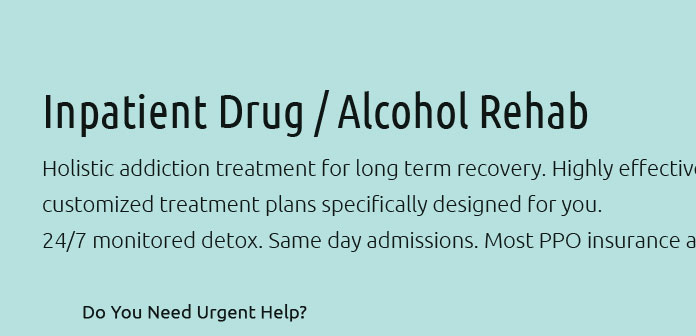 |
 |
 |
 |
||
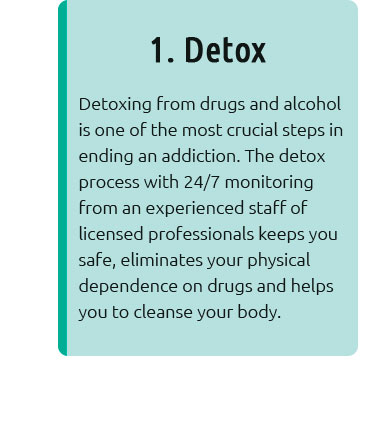 |
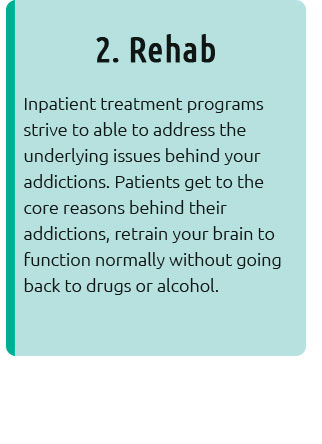 |
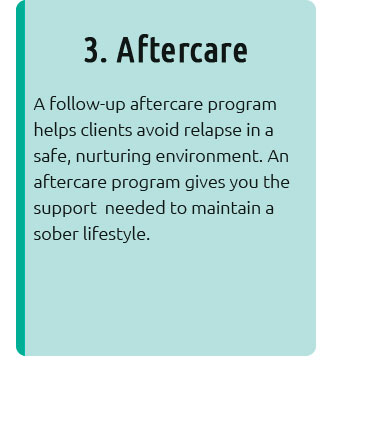 |
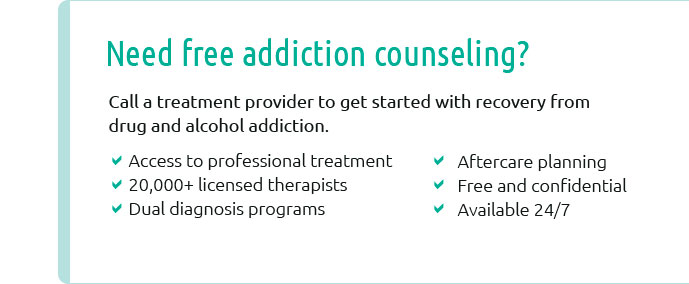 |
 |
 |
 |
||
 |
||
 |
||
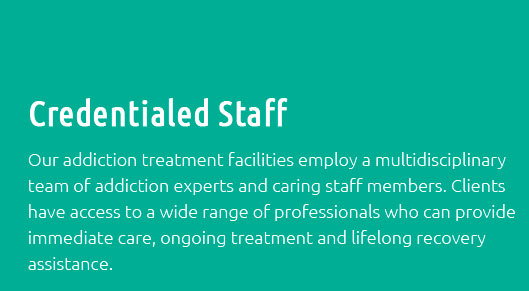 |
 |
 |
|
 |
|
Exploring Drug and Alcohol Inpatient Rehab Options NearbyWhen grappling with the challenges of addiction, finding the right inpatient rehab facility nearby can be a critical step towards recovery. Inpatient rehab, offering a structured environment away from the triggers of everyday life, provides individuals with a sanctuary where healing can begin. These centers often combine medical care, psychological support, and holistic approaches to ensure a comprehensive treatment plan. In my personal experience, selecting a rehab facility involves more than just proximity; it's about finding a place that resonates with your specific needs and philosophies. Proximity can certainly be convenient, allowing for easier visitation and continuity of care post-treatment. However, it's essential to delve into the facility's treatment modalities and success rates to ensure it aligns with your goals. Many rehabs offer a variety of programs tailored to different types of addiction, whether it's alcohol, opioids, or other substances. The best facilities often employ a multidisciplinary approach, incorporating individual therapy, group sessions, and activities such as yoga or art therapy. This holistic strategy not only addresses the physical aspects of addiction but also the emotional and psychological facets, fostering a well-rounded recovery.
It's worth noting that while some may have reservations about the stigma of entering rehab, these facilities are judgment-free zones dedicated to fostering growth and healing. The decision to enter an inpatient program is a courageous one, demonstrating a commitment to personal health and well-being. Ultimately, the journey to recovery is deeply personal, and finding the right support system is crucial. Whether you prioritize specific therapies, amenities, or simply the feeling of a welcoming environment, there are numerous options available, each offering unique paths to sobriety. Researching and visiting potential facilities can provide invaluable insights, helping you make an informed choice that supports your recovery journey. https://rehabs.org/centers/colorado/lakewood/
Free Alcohol and Drug Rehab Centers in Lakewood, CO. Find an accredited treatment center in Lakewood. There are currently 23 drug & alcohol detox, ... https://www.theraleighhouse.com/service-areas/lakewood-co
Outpatient Mental Health; Medical Detox; Drug Rehab; Interventionist Services; Alcohol Rehab; 30, 60, and 90-Day Residential Treatment Programs; Partial ... https://startyourrecovery.org/treatment/rehab-centers/colorado/lakewood
15 free treatment programs. 13 inpatient drug & alcohol rehab centers. 71 outpatient. 8 detox centers in Lakewood. 5 luxury residential.
|